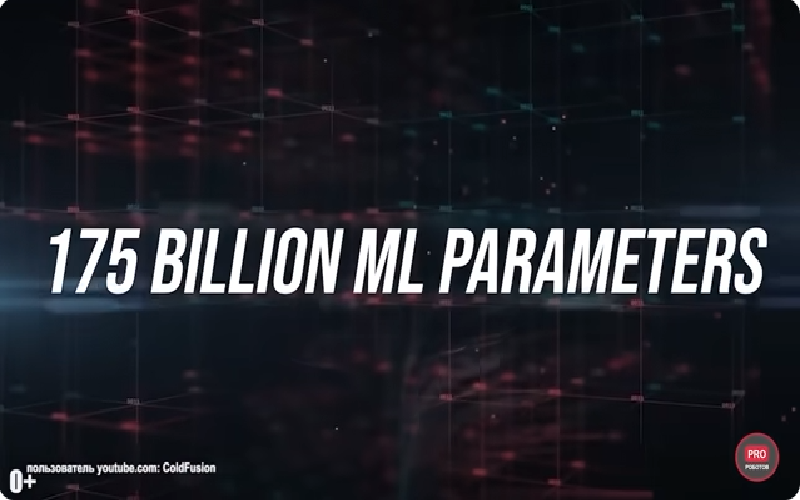AI in marketing automation
Introduction to AI and its Use in Marketing Automation
AI in marketing automation is a powerful tool that can help to increase the efficiency and effectiveness of marketing campaigns. Its ability to analyze large sets of data, identify trends and make predictions based on that information, allows businesses to more accurately target their audience with personalized content and optimize strategies for maximum business benefit. Through AI-powered automation, marketers can deploy campaigns faster than ever before and improve conversions.
By leveraging AI technologies such as natural language processing, fuzzy logic, predictive analytics, machine learning and deep learning, organizations are able to create more accurate forecasting models that enable the automation of tasks like segmentation and customer experience optimization. These technologies give marketers insights into consumer behavior so they can gain a fuller understanding of customers’ needs, wants and preferences. Additionally, AI allows businesses to better understand their ROI by tracking performance across multiple channels.
Other advantages of using AI in marketing automation include cost savings through improved campaign budgeting; the ability to automatically adjust strategies over time; better targeting; less manual effort; improved lead generation; and the potential for greater personalization. With AI in place, marketers can also measure performance more accurately than ever before by utilizing advanced analytics tools. This allows them to make better decisions about how best to allocate resources across campaigns for maximum return on investment.
The Benefits of AI-Driven Automation
AI-driven automation delivers a variety of business benefits. For example, AI can help marketers more efficiently and accurately collect and analyze customer data to generate personalization in all aspects of the customer experience. AI gives companies the ability to comprehend customer intent, analyze customer preferences, and understand why customers do what they do. This provides businesses with an intimate understanding of their customers’ needs, allowing them to tailor offers that are more likely to engage each user segment. Additionally, automated systems let businesses leverage machine learning technology to continuously improve their campaigns as user preference and behaviors evolve over time.
See also AI in energy management
On a technical level, AI-driven automation can also dramatically boost performance by helping brands take proactive maintenance actions or build sophisticated customer segmentation. Automation tools equipped with AI allow for streamlined processes such as lead scoring and prioritizing leads that identify promising prospects for sales teams. Further, these systems can send out targeted messages automatically in response to particular events or triggers, rendering the manual creation process obsolete. Lastly, automated marketing tools driven by AI provide deep insights into customers by gathering an abundance of behavioral data points which can inform sophisticated predictions about purchasing decisions.
Emerging Trends for AI in Automation
AI in marketing automation is revolutionizing the way businesses market to their customers. Among the most popular uses of AI-driven automation for marketers are automated customer segmentation and personalization. With automated customer segmenting, marketers use past customer behavior data to divide customers into different “segments” with similar wants and needs. This way, businesses can select the best messages to send out that are tailored specifically to certain demographics.
Personalization is also becoming much easier with AI-driven automation tools. Automated systems can analyze recent purchases and browsing history to tailor content and messages for each individual customer. This helps drive more engaged interactions between brands and their customers.
Another use for AI-based marketing automation is choosing the most effective messaging or content. Automated systems can review multiple potential pieces of content within seconds and determine which version performs best (i.e., which generates more leads or sales). This enables companies to optimize their messaging in real time without needing manual labor or additional resources.
See also AI-based product recommendations
Finally, AI-driven automation is being used to automate processes such as email campaigns, retargeting campaigns, target ad placements, personalized recommendations, etc.–all without human intervention or optimization costs. Automation creates efficiencies as it eliminates redundant work that was previously done manually while ensuring every customer receives exactly what they want or need at precisely the right moment.
Benefits to AI Adoption in Automation
AI in marketing automation offers businesses great, measurable returns on their investments. By leveraging machine learning tools to quickly and accurately create personalized customer experiences, businesses are able to gain competitive advantages over the competition. AI-driven marketing automation can provide powerful insights into customer behavior and preferences that help businesses anticipate customer needs and make more informed decisions.
Additionally, AI-based marketing automation empowers firms to provide customers with increasingly personalized experiences across all channels. Companies can automate interactions with customers through chatbots and digital assistants such as Alexa or Google Home, allowing customers to quickly obtain information without waiting on a live representative. By utilizing natural language processing capabilities of AI-based platforms, marketers are better equipped to track contextual data from different touchpoints along the customer journey and thereby develop hyper-targeted campaigns that deliver the right message at the right time.
Moreover, by automating mundane tasks associated with traditional marketing efforts, AI enables marketers to devote more time and resources towards their creative campaigns. Additionally, leveraging AI for personalized product recommendations improves user engagement as well as increases chances for conversion, thus driving sales up in the long run. In short, through its ability to simplify complex processes, AI continues to revolutionize how businesses approach marketing automation today.
See also AI in agriculture and farming
